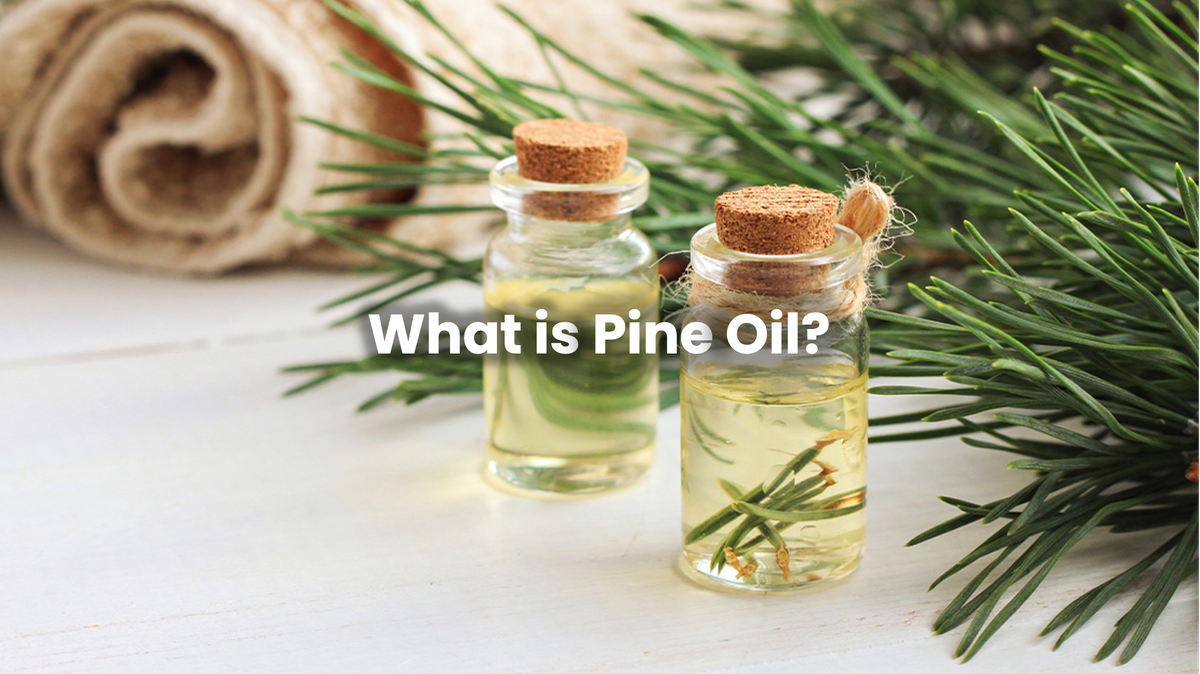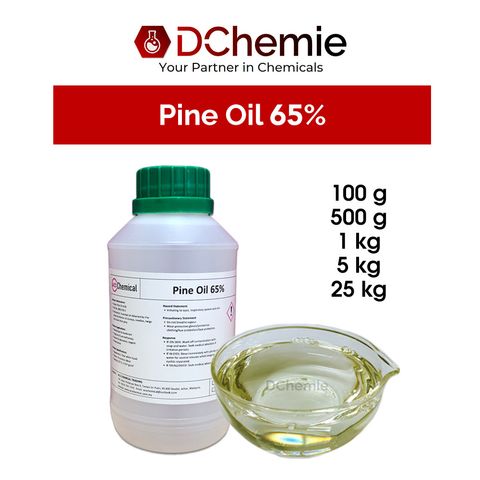
Introduction
Pine oil, sourced from pine trees' needles, twigs, and cones, serves as a valuable chemical compound widely used across industries. Its diverse applications stem from its natural composition, rich in beneficial elements extracted from pine trees. This natural extract possesses a complex composition, primarily comprising α-pinene and β-pinene, among other compounds. Its distinct aroma and chemical properties make it valuable in numerous applications.
Function and Uses
Pine oil serves multiple functions owing to its chemical composition and properties. Primarily, it acts as a solvent, emulsifier, and disinfectant. Its ability to dissolve oils and organic compounds makes it an effective cleaning agent. Moreover, its antiseptic properties render it suitable for use in personal care products and disinfectants.
Applications
- Household Cleaning Products: Pine oil is a key ingredient in household cleaners due to its solvent properties. It effectively removes grease, grime, and stains from various surfaces, making it ideal for floor cleaners, disinfectants, and multipurpose cleaners.
- Aromatherapy: The soothing aroma of pine oil makes it a popular choice in aromatherapy. It is used in diffusers, candles, and massage oils to promote relaxation and alleviate stress.
- Personal Care Products: In personal care products such as soaps, shampoos, and lotions, pine oil functions as a fragrance agent and antiseptic. Its refreshing scent and antimicrobial properties contribute to its inclusion in these formulations.
- Industrial Applications: Pine oil finds extensive use in industrial settings, particularly in the manufacturing of paints, coatings, and adhesives. It serves as a solvent for resins and helps in achieving the desired viscosity and consistency in these products.
- Pharmaceuticals: Due to its antiseptic and antimicrobial properties, pine oil is utilized in pharmaceutical preparations such as throat lozenges, cough syrups, and topical ointments. It aids in combating bacterial and fungal infections.
Product Examples
- Household Cleaner: All-purpose cleaner formulated for household surfaces.
- Aromatherapy Diffuser Oil: Pure pine oil suitable for use in aromatherapy diffusers.
- Antibacterial Soap: Hand soap enriched with pine oil for its antimicrobial benefits.
- Industrial Paint: Solvent-based paint containing pine oil as a dispersing agent.
- Throat Lozenges: Medicated lozenges incorporating pine oil for throat soothing properties.
Production/Sources
Pine oil is obtained through a process of steam distillation or chemical extraction from pine trees, primarily species belonging to the Pinus genus. The raw materials include pine needles, twigs, and cones, which undergo extraction to yield the essential oil.
Properties/Characteristics
- Aroma: Fresh, woody scent reminiscent of pine forests.
- Solubility: Soluble in organic solvents and partially soluble in water.
- Density: Varies depending on the source and processing method.
- Color: Pale yellow to colorless liquid.
- Chemical Composition: Predominantly composed of α-pinene and β-pinene, with traces of other terpenes and compounds.
Conclusion
In conclusion, pine oil stands as a versatile chemical compound with diverse applications across industries. From household cleaning to aromatherapy and pharmaceuticals, its unique properties make it indispensable in various formulations. Understanding its functions, applications, and production processes is essential for leveraging its potential in different sectors.






